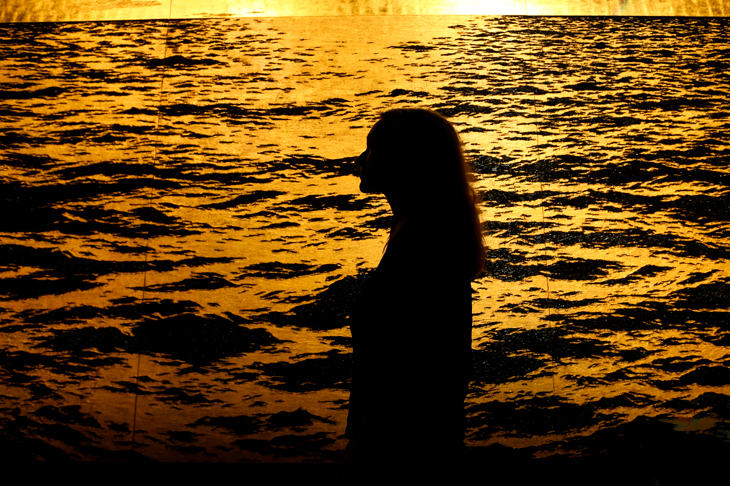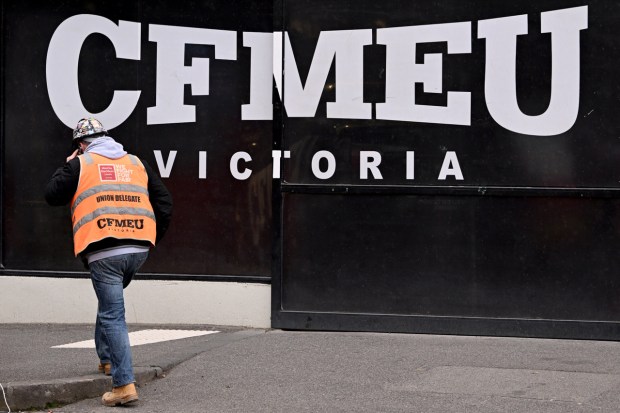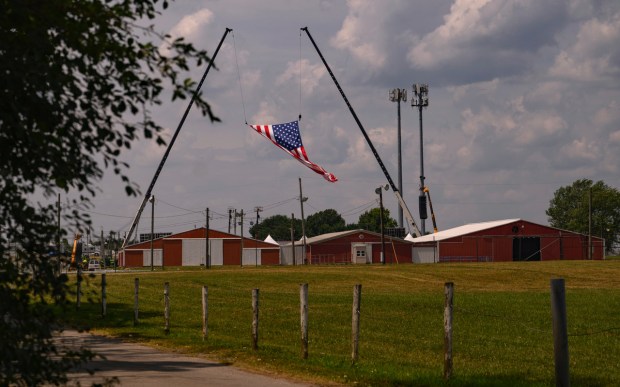Spare a thought for Sydneysiders of a certain ideological persuasion as they are faced with an embarrassment of riches in the form of two competing Festivals of Woke in the next few weeks. Over in Redfern, mandatorily masked, but not socially distanced literary enthusiasts will come together in May for the taxpayer-funded Sydney Writers’ Festival.
Already a subscriber? Log in
Subscribe for just $2 a week
Try a month of The Spectator Australia absolutely free and without commitment. Not only that but – if you choose to continue – you’ll pay just $2 a week for your first year.
- Unlimited access to spectator.com.au and app
- The weekly edition on the Spectator Australia app
- Spectator podcasts and newsletters
- Full access to spectator.co.uk
Unlock this article
Dr Bella d’Abrera is the Director of the Foundations of Western Civilisation Program at the Institute of Public Affairs.
You might disagree with half of it, but you’ll enjoy reading all of it. Try your first month for free, then just $2 a week for the remainder of your first year.













Comments
Don't miss out
Join the conversation with other Spectator Australia readers. Subscribe to leave a comment.
SUBSCRIBEAlready a subscriber? Log in